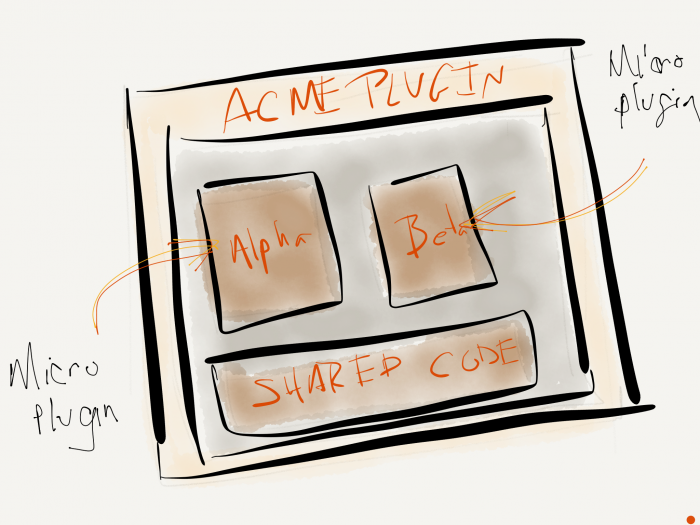This is a really nuanced case but I thought it might be worth trying to generalize for a post for anyone who may be working with future events with Modern Tribe’s Events Calendar.
Say you’re setting up some recurring event and within the body of the event (or, more appropriately, the post_content) you want to say something like:
It’s been N-years since [this event] occurred.
The thing is, each subsequent event will obviously be one year greater than the one before it. So you can’t necessarily hardcode the value into the events without it being placed into the post content of every event.
So what’s one way to tackle this?
Continue reading


